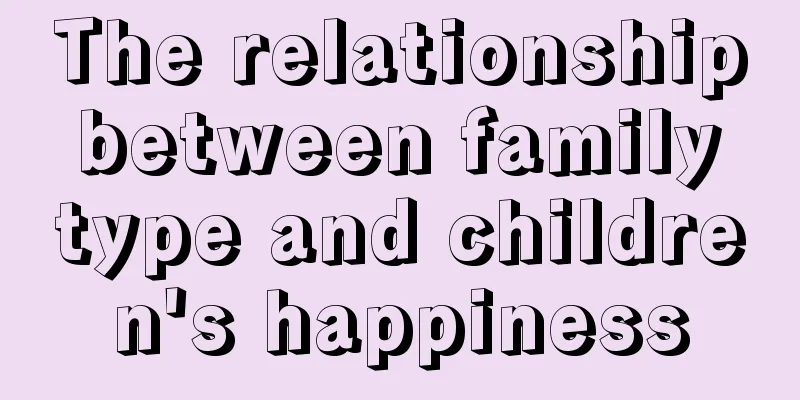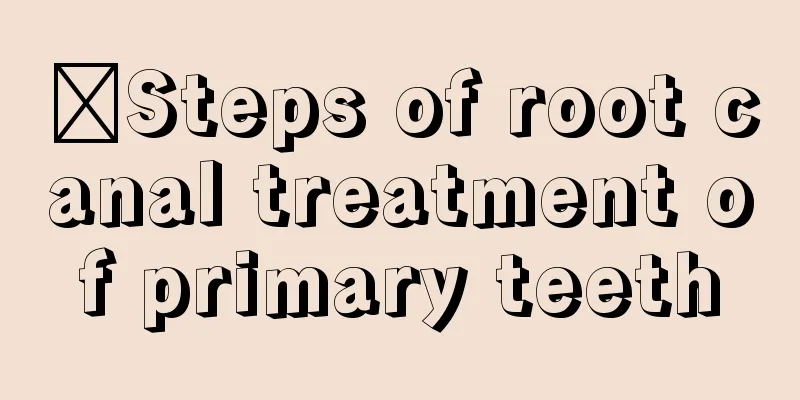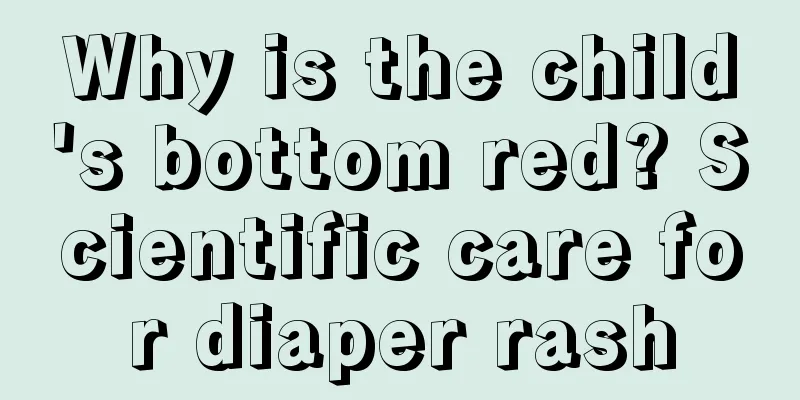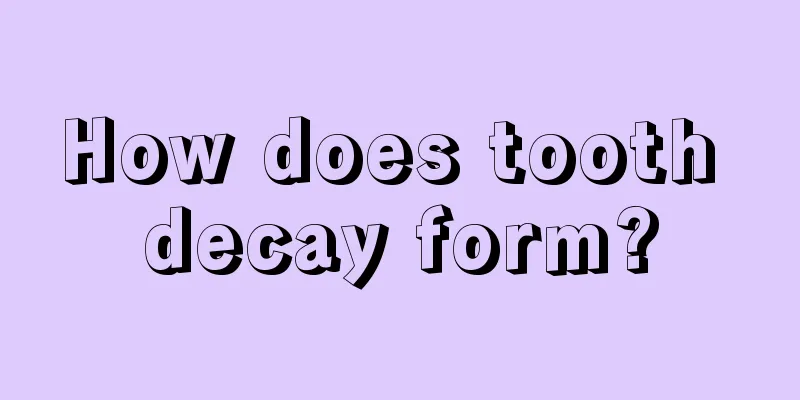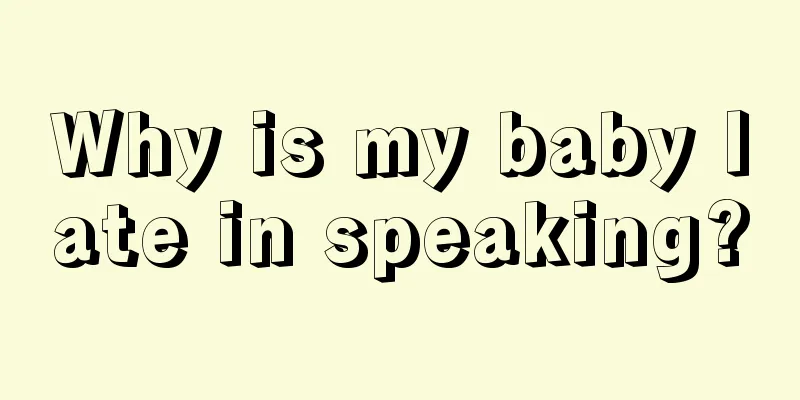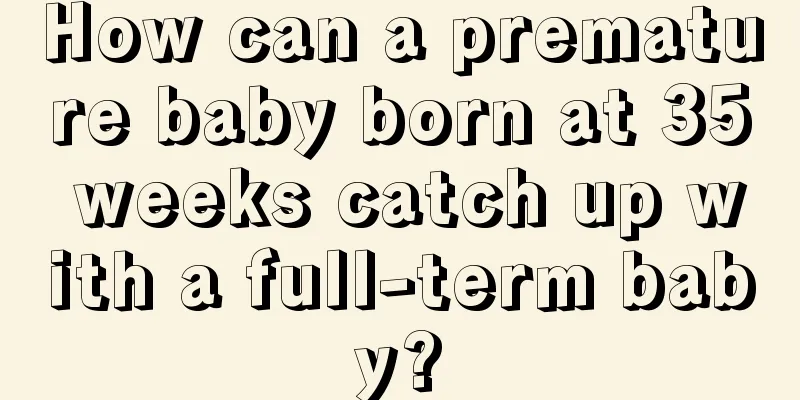When do the baby teeth grow?
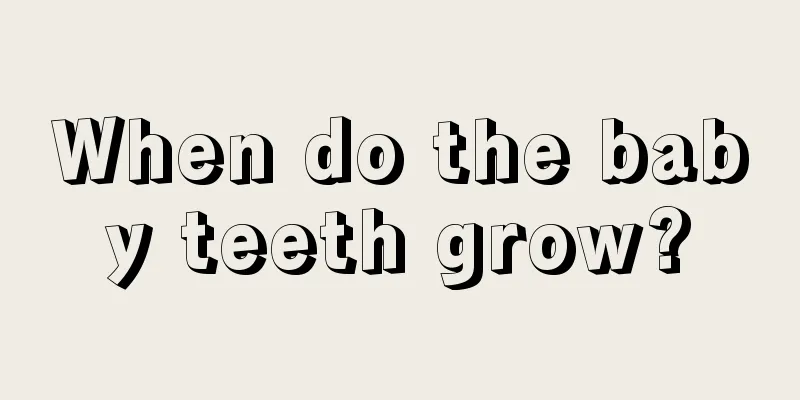
|
We have two sets of teeth throughout our lifetime. The first teeth are the deciduous teeth that grow in childhood. Our baby teeth start to grow when we are a few months old. So, do you know when the baby teeth will grow out? In fact, we don’t pay attention to this issue. But for parents, they will be very concerned about the growth of their children's deciduous teeth. When do the baby teeth grow?People with deciduous teeth have two sets of dentition in their lifetime. The first set of dentition is called the deciduous dentition, which is made up of 20 deciduous teeth. The first deciduous tooth begins to erupt around 6 months of age and lasts until around 2 and a half years old. All 20 deciduous teeth have erupted. From the age of 6-7 to 12-13, the deciduous teeth gradually fall out and are replaced by permanent teeth. Permanent teeth are the second set of teeth after the deciduous teeth fall out. If they fall out due to illness or accidental injury, there will be no teeth to replace them. The third molars of modern people tend to degenerate, so the average number of permanent teeth in the general population is between 28 and 32. How many deciduous teeth does a person have? Generally speaking, each person can grow two sets of teeth in his or her lifetime. The first 20 deciduous teeth (baby teeth) to grow out are deciduous teeth. Deciduous teeth begin to erupt at about six months old and are fully grown at about 2 and a half years old. Deciduous teeth fall off gradually between the ages of 6 and 12 and are replaced one by one by permanent teeth. The normal range of permanent teeth is 28 to 32, but each person's situation is different. Less than 28 is congenital permanent tooth loss or impacted teeth in the jawbone (impacted teeth); more than 32 is supernumerary teeth. (Also called supernumerary teeth), the number of supernumerary teeth varies and their shapes are special. As for the phenomenon of the third set of teeth, there have been reports of it, but its probability in humans is only 1/1 million.
As the baby's face grows, around the age of 6, the deciduous teeth begin to fall out and the second set of teeth - permanent teeth - begin to appear. Permanent teeth serve people throughout their lives. Among them, parents must pay special attention to the situation of retained deciduous teeth. Retained deciduous teeth refer to deciduous teeth that have already erupted and failed to fall out on time. Or the permanent teeth have not erupted and the deciduous teeth are retained in the permanent dentition. Retained deciduous teeth occupy the normal position for the eruption of permanent teeth, and the permanent teeth may erupt ectopically, affecting the development of the normal occlusal relationship of the dentition. In particular, retained deciduous teeth or residual roots can lead to plaque retention and food impaction, which will affect oral hygiene and increase the chance of adjacent teeth developing caries. In this case, when the successor permanent teeth have erupted, the retained deciduous teeth should be extracted. Retained deciduous teeth caused by congenital loss of inherited permanent teeth may not be treated.
Many parents ignore the importance of deciduous teeth, thinking that they will all fall out before their children are 12 years old, so there is no need to pay special attention to them and they just need to take good care of the permanent teeth. In fact, this is extremely wrong. The arrangement of deciduous teeth will affect the growth of the baby's permanent teeth in the future. If the deciduous teeth are misaligned, correction during the deciduous teeth period is very effective. It will not be easy to correct them after the permanent teeth come out. Especially the occurrence of anterior crossbite, commonly known as "underbite" and "buckle", should be corrected in time during the period of deciduous teeth. Whether the baby's deciduous teeth are neat or not is related to many factors, including the baby's nutrition, metabolism, genetics during the growth period, as well as some bad habits of the baby such as sucking fingers, biting nails, sleeping with a bottle in the mouth, etc., which will affect the arrangement of the baby's deciduous teeth. Regular oral examinations can prevent dental diseases and better protect your teeth. Within six months after the baby's first tooth grows, parents should take the baby for an oral examination, and then have the baby for regular oral examinations every year. In this way, the dentist will know the growth of the baby's teeth and can correct them in time if any dental problems occur. During the baby's growth process, you should also pay attention to supplementing the baby with calcium, which will help the baby's teeth develop healthily. |
<<: At what age do children grow all their teeth?
>>: What to do if your seven-month-old baby has bloating
Recommend
How to correct the phenomenon of children's hunchback
It is not difficult to find that many children on...
What is better for children to eat to nourish their brains?
The healthy growth of children is the ardent hope...
How to solve the problem of children’s eyes being stuck with eye mucus due to inflammation?
Children often encounter some factors that affect...
Ways to improve memory in children
I believe that every mother regards our own child...
What is the cause of corpus callosum agenesis?
The emergence of diseases can cause serious damag...
What to do if children have ringworm on their face
If a child has ringworm on his face, it will grea...
How to treat baby's amblyopia and hyperopia?
The baby's health issues are of particular co...
What is the best food for children with low blood sugar?
Hypoglycemia usually occurs in middle-aged people...
Why does a baby who eats milk powder have green poop?
When parents are taking care of their babies, the...
What to do if your child knocks out a tooth
Children are always the most naughty ones, and it...
What is the treatment for neonatal jaundice?
Neonatal jaundice values are a problem that man...
Why is there blood in baby's stool and how to solve it
I believe everyone is very concerned about the ba...
Why do babies cry even though they are full?
Babies are a group that many doctors pay attentio...
What are the symptoms of language disorders in children?
If a child has problems with brain development, h...
How to make children stop eating picky food
With the development of society, people's liv...


